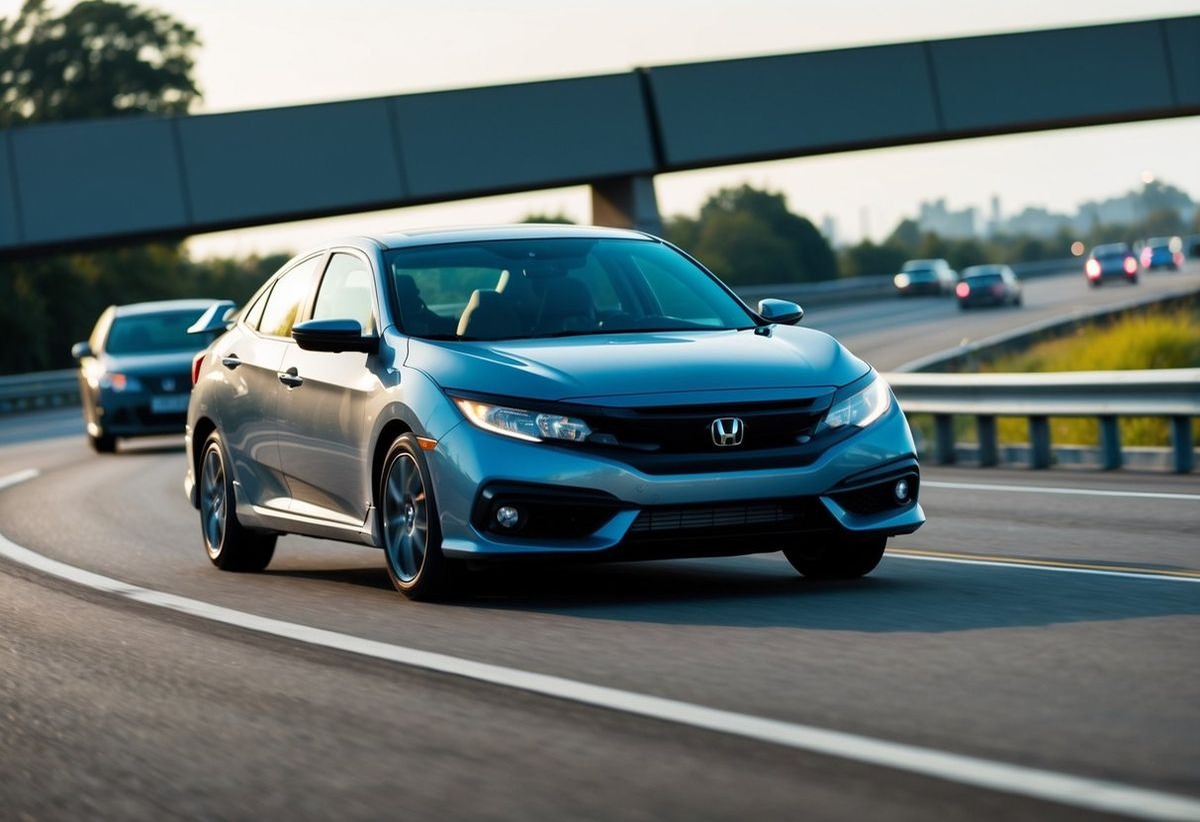Let’s be honest — not all cars are made for the highway. Some are a dream: smooth, quiet, and just get what cruising at 70 mph should feel like. Others? Not so much. They’ll bounce you around, whine like a toddler on a road trip, and leave you white-knuckled every time a semi passes by.
Good highway driving is more than just speed. It’s about ride comfort, stability, fuel efficiency, noise insulation, cruise control that actually works, and not feeling like you’re in a go-kart at 80 mph. And that’s where the gap between a well-engineered highway machine and a city runabout really shows.
In this article, we’re breaking down five vehicles that nail highway driving — the kind you’d want for a long-distance trip or daily commute on the interstate. And yeah, we’re also calling out five that absolutely don’t cut it.
5 Vehicles That Handle Highway Driving Perfectly
If you’re shopping for a new ride or just curious if your current car makes the cut, this list is for you. Let’s kick it off with the heroes — the cars that make the highway feel like home.
Also Read: 10 Vehicles With Best Long-Term Fuel Economy That Save You Money Year After Year
1. Toyota Camry
The Toyota Camry is boring — and that’s exactly why it’s perfect for highway driving. This thing is like the gold standard of commuter comfort.
The ride is buttery smooth, the suspension is balanced just right, and the cabin is quiet even at 75 mph. You won’t feel every crack in the road, and you won’t have to crank up your podcast just to hear over wind noise.
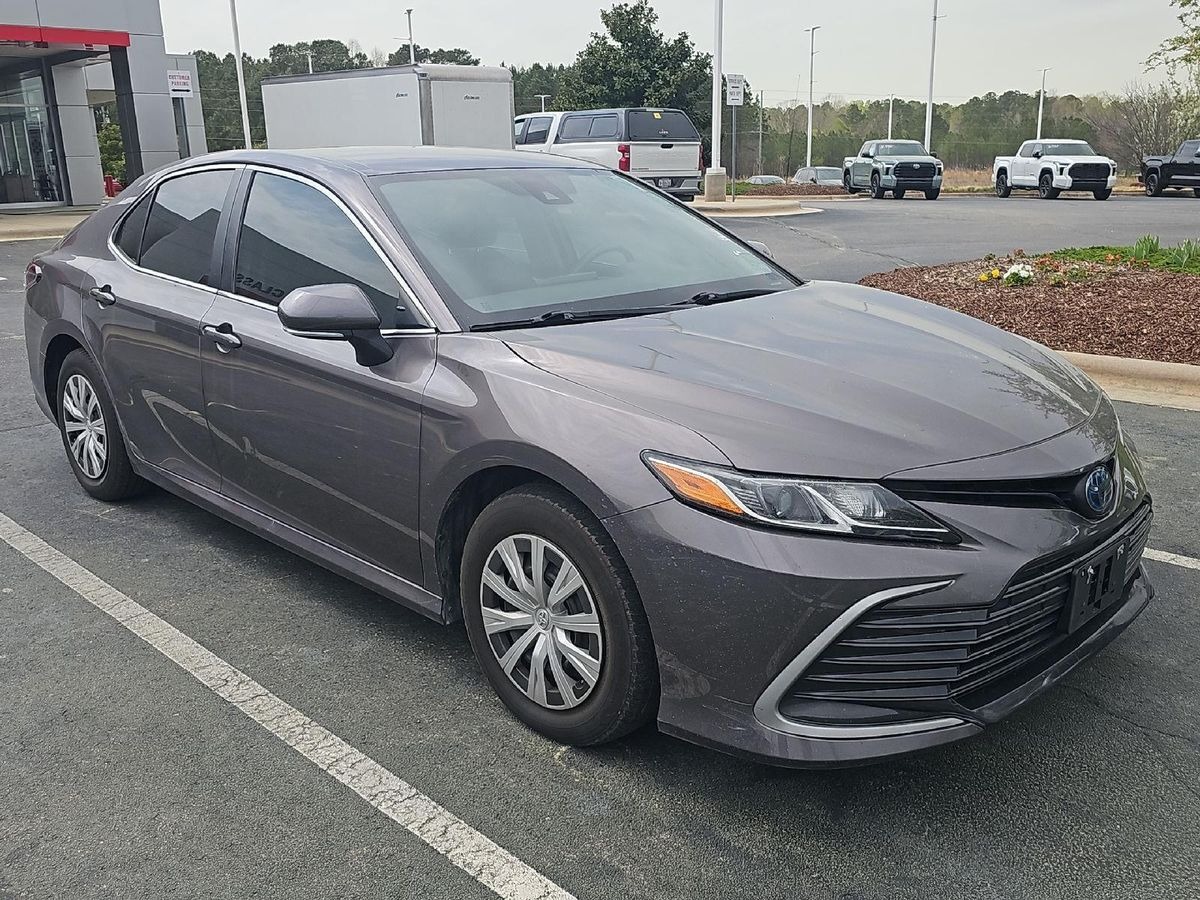
Fuel economy? Killer. The hybrid model can pull nearly 50 mpg on the highway, which means fewer gas station stops on that road trip. Plus, Toyota’s adaptive cruise control is rock solid. It doesn’t slam the brakes when a car cuts in, and it handles stop-and-go traffic without acting like it’s confused.
Is it exciting? Nope. But that’s not the point. It’s reliable, comfortable, efficient, and easy on the ears. Long drives feel shorter in this thing.
2. Honda Accord
The Accord gets a lot of love for good reason. It hits that sweet spot between sporty and cushy. The suspension smooths out potholes and rough patches, but there’s still some road feel so you’re not totally disconnected. It’s spacious, which matters when you’re six hours into a drive and just want to stretch your legs.
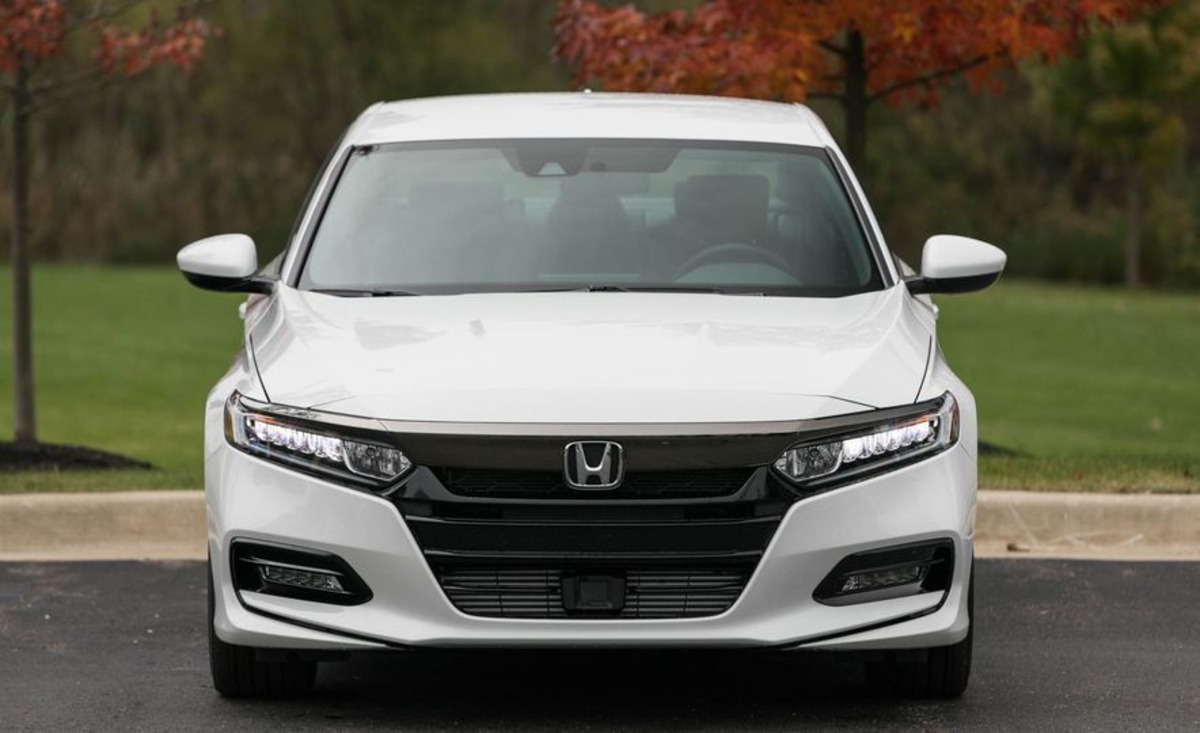
Highway acceleration is solid, especially with the turbocharged engine. Passing slower traffic isn’t a struggle, and the car never feels strained. It just goes.
The cabin’s also well-insulated, and Honda’s active noise cancellation system works overtime to keep engine and wind noise at bay.
Tech-wise, it’s got a user-friendly interface, wireless Apple CarPlay/Android Auto, and an adaptive cruise system that doesn’t require a master’s degree to use. All in all, the Accord makes highway miles feel like a breeze.
3. BMW 5 Series
Want something a little more luxe? The BMW 5 Series turns highway driving into a first-class experience. The ride is refined without being floaty, the steering is precise, and the car feels glued to the road, especially in the all-wheel-drive versions.
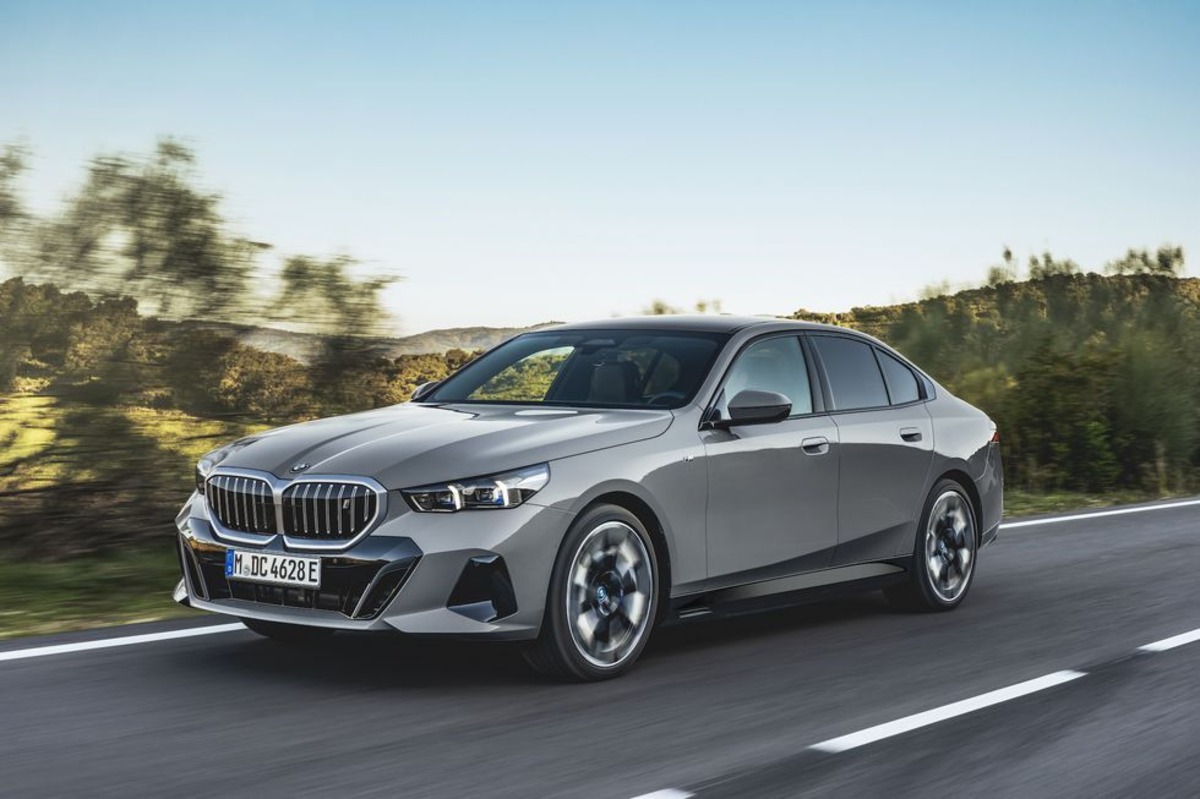
Even at high speeds, the 5 Series is eerily quiet. You get the feeling that this car was designed for the Autobahn — and that energy carries over to U.S. highways. It’s powerful, confident, and doesn’t flinch when you’re weaving between trucks or taking long curves.
Add in BMW’s driver assist features like lane centering and adaptive cruise, and you’ve basically got a co-pilot that knows what it’s doing. Yes, it’s pricey. But for those who spend a lot of time behind the wheel, it’s one of the best highway companions out there.
4. Lexus ES
If “smooth” was a car, it’d be the Lexus ES. It’s not sporty, and that’s the point. This is a cruiser, and it plays the role perfectly.
The ride is whisper-quiet. You can have a full conversation in the cabin without raising your voice, even at 80 mph.
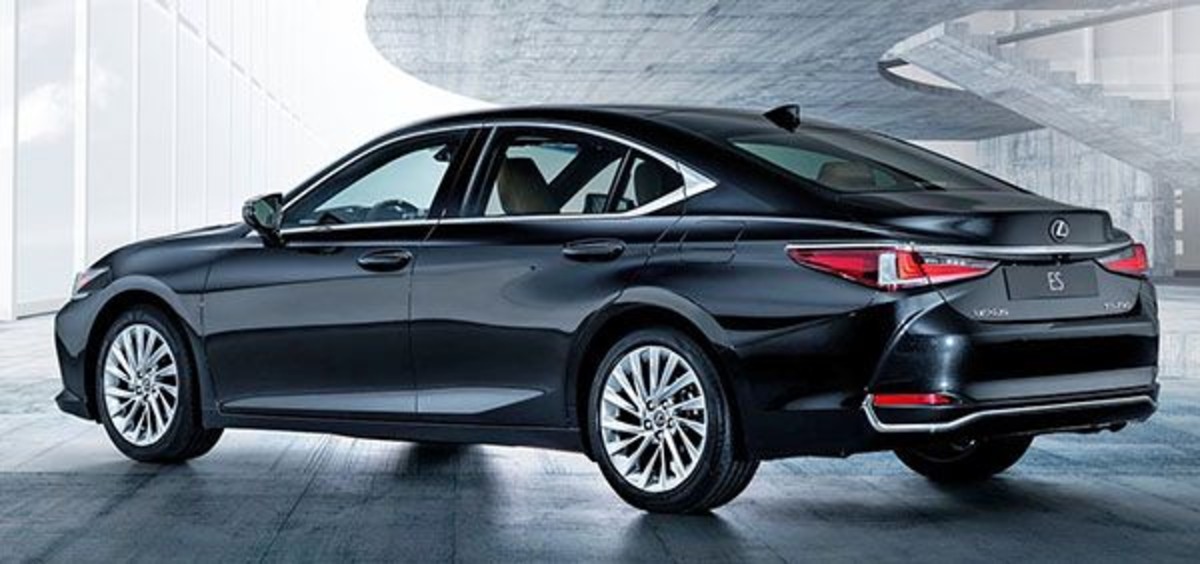
The seats are plush and supportive, the cabin materials feel upscale, and the infotainment setup (though a little clunky) includes everything you need. The hybrid version is especially solid for highway driving — it sips fuel like a champ and cruises effortlessly for miles.
It doesn’t corner like a sports sedan, but on a straight, long road? The ES feels like it’s on rails. The adaptive cruise system is smooth and predictable, and the lane-keeping assist isn’t annoying. If your road trips involve comfort over corner carving, this car gets it.
5. Tesla Model S
Yeah, yeah — Tesla fans can be intense. But let’s give credit where it’s due. The Model S dominates the highway experience. Instant torque for passing, almost no noise thanks to the electric drivetrain, and that massive center screen that actually works.
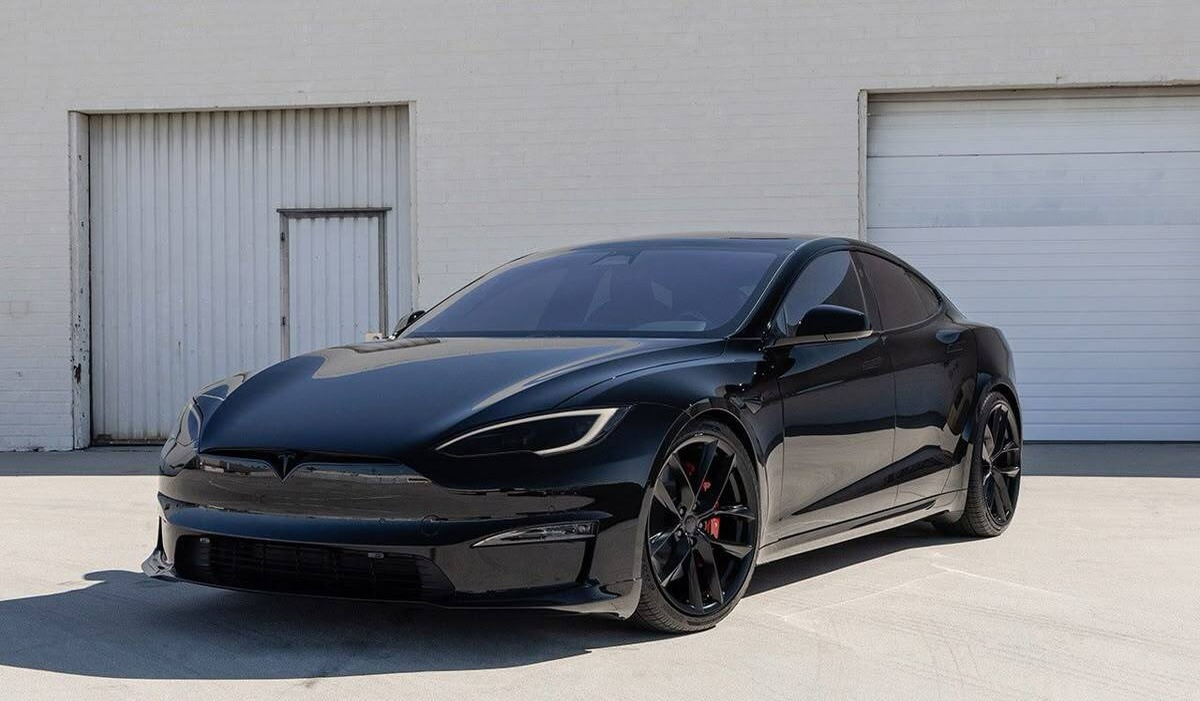
Where it really wins is Autopilot. No, it’s not fully autonomous (don’t nap behind the wheel), but it’s damn good at lane keeping and maintaining distance. Long drives become way less tiring with the car doing half the work for you.
The low center of gravity (thanks to the battery pack) means it’s stable even at high speeds. And the range? The Long Range version can go 370+ miles on a charge, which is more than enough for most road trips.
Just be ready for a stiff ride — it’s not cloud-like, but the tech and EV torque more than make up for it.
5 Vehicles That Don’t Handle Highway Driving Well
On the contrary, we talk about the 5 cars that will not stay stable on the highway as you go over 60mph.
1. Jeep Wrangler
Off-road beast? Sure. Highway cruiser? Absolutely not. The Wrangler is fun if you’re crawling over rocks, but get it up to 70 mph and the thing gets jittery. The steering is vague, wind noise is absurd (especially with the soft top), and you’ll feel like you’re wrestling the wheel during every lane change.
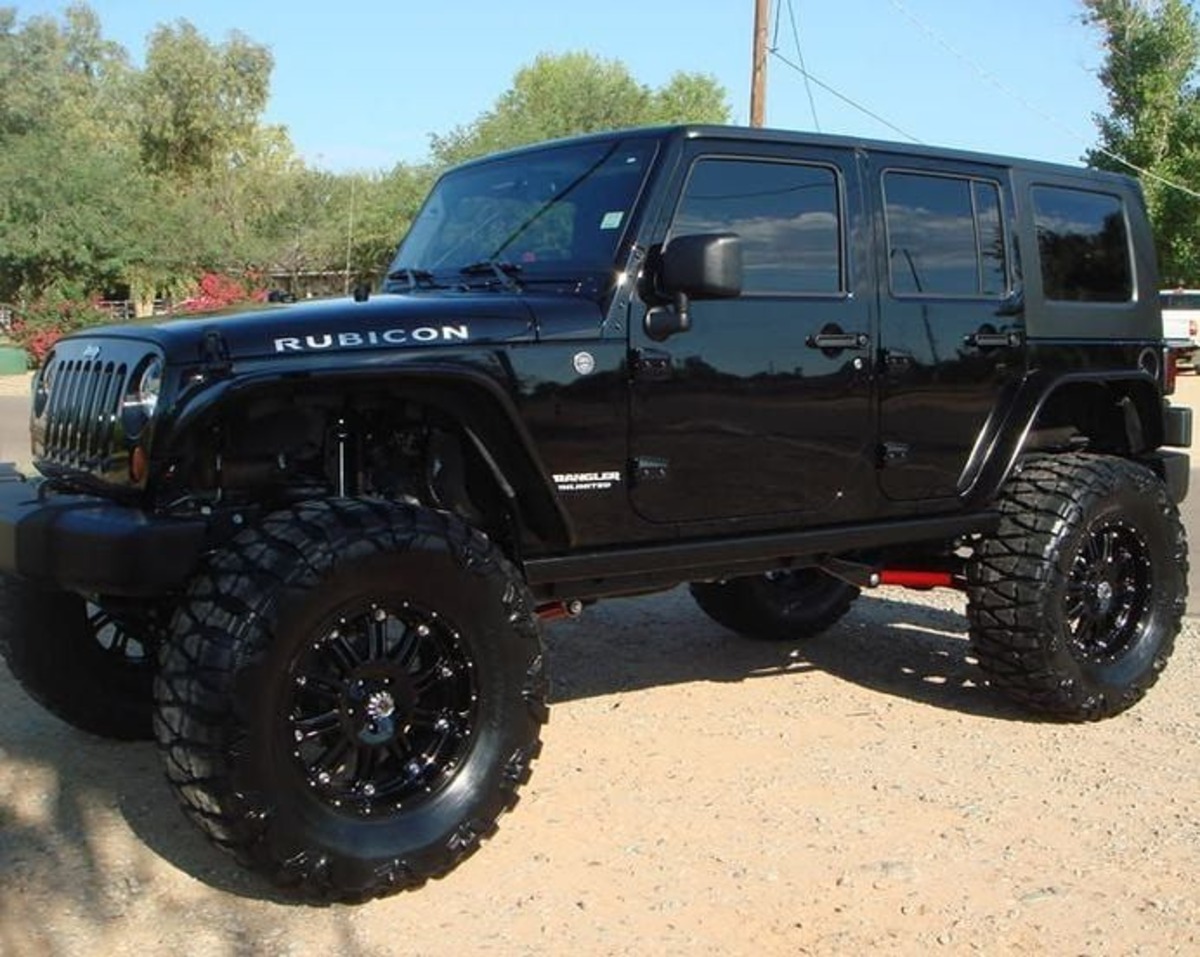
Fuel economy is also trash on the highway, and don’t even try listening to music — you won’t hear a thing over the wind and tire noise. It’s a lifestyle vehicle, not a commuter. Buy it for weekend adventures, not long-distance drives.
2. Mitsubishi Mirage
This car barely feels stable at highway speeds. The engine is underpowered, meaning you’ll hear it scream every time you try to pass someone. Merging onto the highway feels like a gamble, and the ride is so bouncy you might mistake normal road expansion joints for potholes.
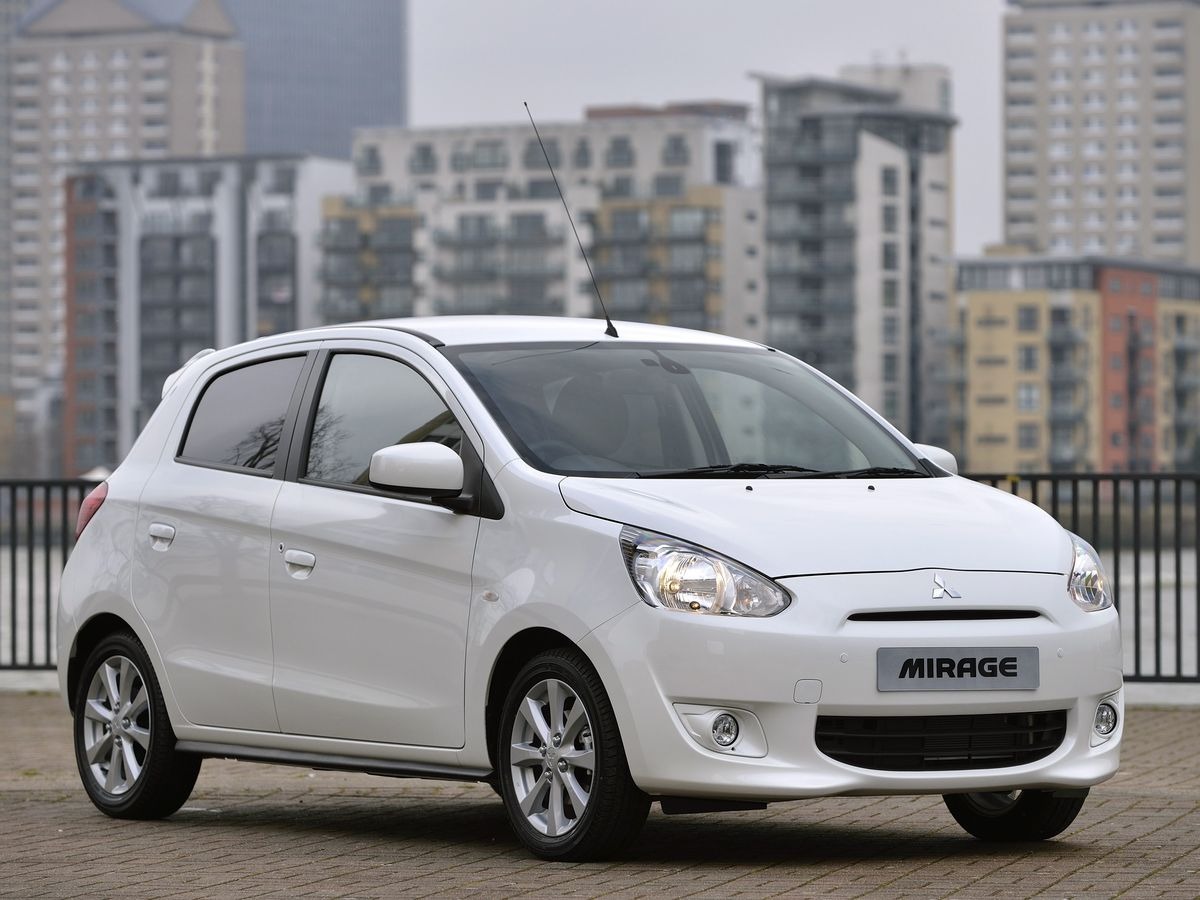
It’s cheap — and that shows. The cabin is noisy, the seats are uncomfortable, and the insulation is almost non-existent. Sure, you might get good gas mileage, but you’ll be so annoyed by the time you reach your destination that it hardly feels worth it.
3. Smart Fortwo
Cute in the city, terrifying on the highway. The Smart Fortwo is exactly what it says: a car made for two and for short distances.
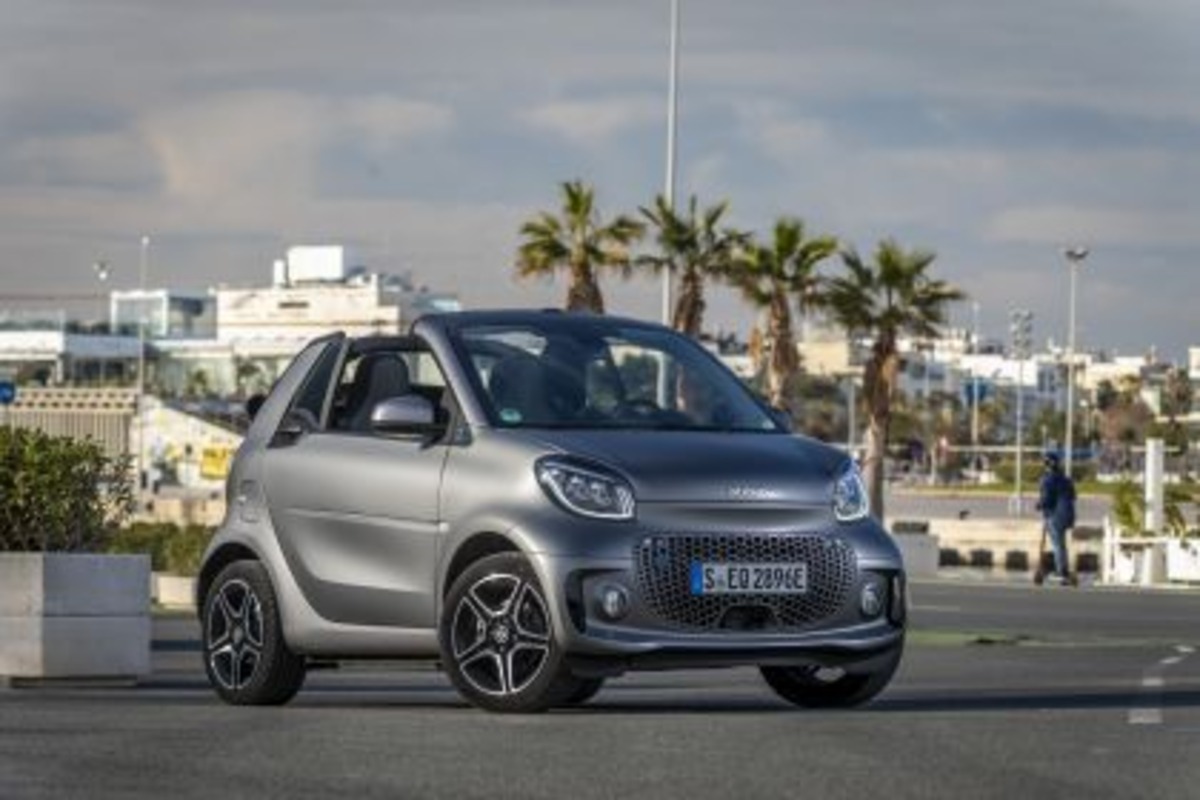
It’s not designed for long hauls or fast-moving traffic. At highway speeds, the thing feels like it’s fighting the laws of physics.
It gets pushed around by wind, doesn’t have the acceleration to pass anything quickly, and the short wheelbase makes it feel skittish. You’ll constantly feel like you’re in a bubble car that shouldn’t be there, because honestly, it kind of isn’t.
4. Chevrolet Spark
The Spark is fine for quick errands around town, but it struggles to keep up on the interstate. It’s small, underpowered, and the engine sounds like it’s going to quit on you if you ask it to maintain 75 mph for more than five minutes.
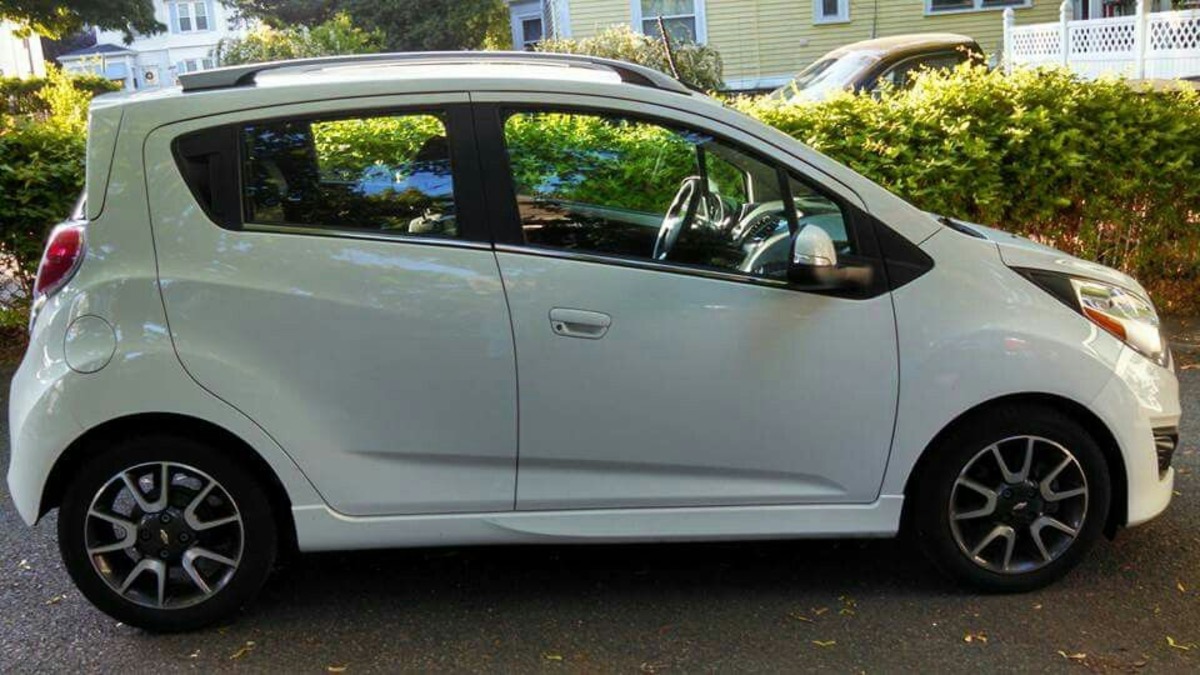
Noise insulation? What’s that? The Spark lets in road, wind, and tire noise like it’s doing it on purpose. It’s cheap transportation, and that’s fine. But don’t expect it to handle long trips with any sort of grace.
5. Nissan Versa (older models)
Newer Versas have improved a lot, but the older ones? Nightmare fuel on the freeway. The ride is rough, the cabin buzzes with road noise, and the CVT (continuously variable transmission) drones like a wasp in a bottle.
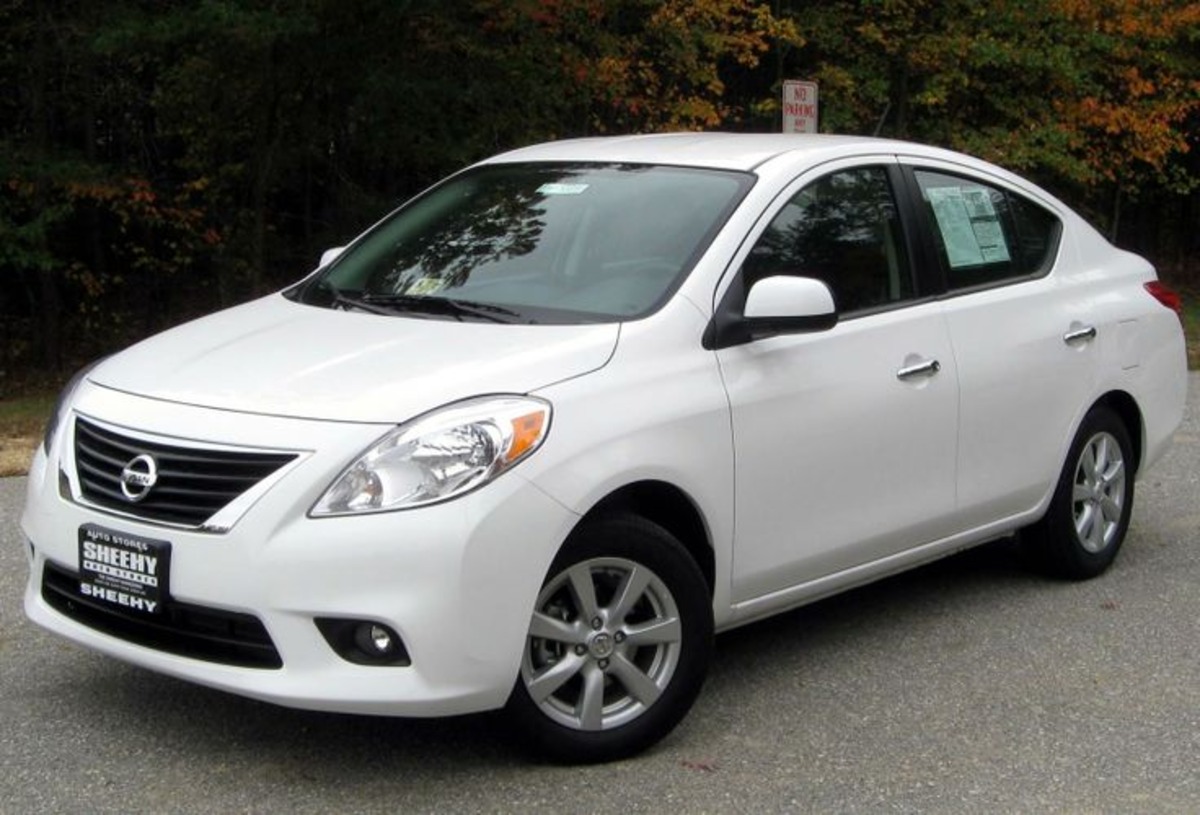
Steering isn’t confidence-inspiring, and it always feels like the car is working too hard to keep up. You’ll get decent gas mileage, sure, but it won’t matter if your ears are ringing and your back hurts every time you get out.
Highway driving exposes the real strengths and weaknesses of a car. It’s not about flash or speed — it’s about how well a vehicle handles the constant motion, the long stretches, and the stress-free vibe we all want on a road trip. The right car makes that drive feel like a breeze.
The wrong one? You’ll be counting every mile like a chore. So before you fall for a flashy design or a good city review, ask yourself: can this car really handle the highway? If it’s on the wrong side of this list… probably not.

